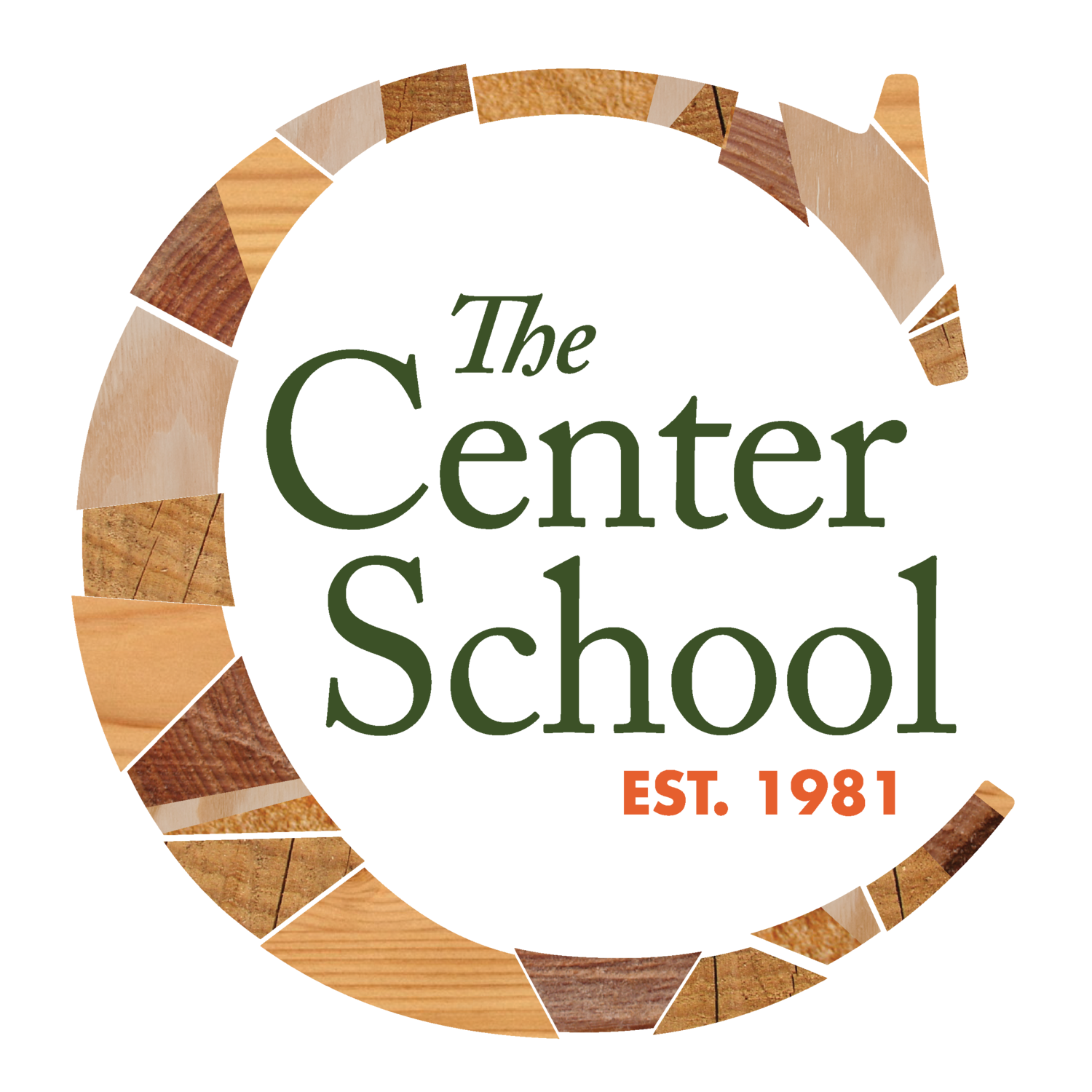Enhancing Learning: Engaging Uppers in Course Reflection (6th-8th)
As educators strive to create enriching learning environments, it becomes crucial to gather insights directly from the students themselves. The idea to offer Wondering in the Woods as an elective for 6th-8th graders came from my observations of the students. There is something magical about learning in an ever-changing, boundless environment. In my experience, a significant amount of learning happens when students are untethered from chairs and tables and able to explore, opening the door for emergent curriculum. I remember spending time introducing “Beetle Day” to my students many weeks ago, with the intention to hunt for beetles, collect data, and create informational slideshows to share. Our search for beetles lasted only a few minutes before students discovered salamanders, a mouse, spiders, ant colonies, and more. They were already excited for the assignment, but I watched their eyes light up when they found bigger, hairier, or slimier creatures. I was easily convinced to turn “Beetle Day” to “Creature Day”, where students were able to choose whichever creature they wanted to study. Needless to say, we did not make it back to our computers that day, and finished out the time exploring. The students inform so much of what we do here in the Uppers program and the eagerness to learn and share is palpable. On Friday we compiled a list of the things that went well or felt fun about this course and things that did not. Each student took a turn to share their opinions and used ASL to sign “me too” when they agreed with a classmate. Once we were done with those lists, we created a list of ideas of lessons to add to the course if it were to be offered again in the spring or next fall.
Went Well/ Fun
Building bridges out of sticks, branches, and fallen trees so students don’t get muddy
The assignment “ My First Find” where students picked one item from the woods to research
The assignment about Turkey Vultures and the Scientific Method
Creating Trail Etiquette
Learning about wild edibles from the 1st graders
Wandering around the woods
Did Not Go Well/ Not Fun
Interacting with small children
The quality of the bridges
Getting muddy
Not enough time for research
Too much computer and paperwork
Ideas for Next Time
No play breaks, we get enough during the day
No time on the computer, the entire class should be in the woods
Post our work for the rest of the school to see
Do more collecting of things to share with the school
The group reflected on how some lessons showed up in both the fun and not fun lists. We talked about balancing the activities so that all students could experience more of what they enjoyed about the course. They left with the understanding that each student has different preferences and everyone has to do a little give and take. It was most interesting to see that some students wanted more time to work on the computer and dive deeper into their research and others were asking for more time to romp around the woods. The discussion served as an evaluation for me as the teacher and for themselves as learners. This was the first time I had ever taught a class about the woods or nature. The feedback from students gives me the confidence to continue my own learning and teaching journey on the subject. This course has highlighted the belief that learning and growing along with students is far more enriching and empowering than simply teaching them. Engaging middle school students in reflective discussions about their course experiences is a powerful tool for educators trying to foster an impactful learning environment. Building on the successes and lessons learned in previous offerings creates a collaborative and student-centered approach which is beneficial for all.




